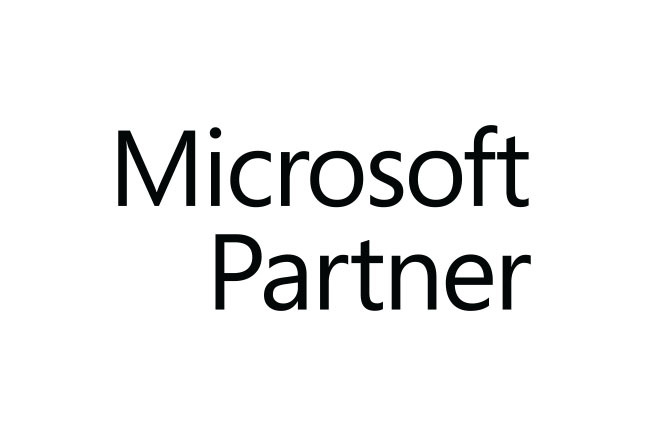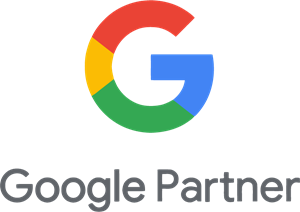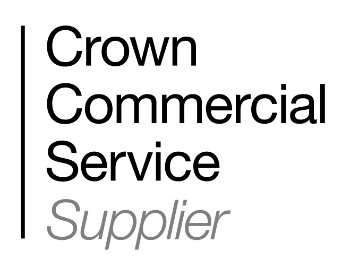1. "How Can a Law Firm Protect Its Site Data?"
Protecting data, of course, is just a topic that gets bigger and bigger, because it's an area that just gets more and more important, particularly with new developments and regulations such as GDPR. There are basically two main sides to this: one comes as the result of the hosting, while the other is firmly rooted in the coding of the site.
Taking coding first, the way we tend to work is very much by starting with good principles in the first place, utilizing practices such as test-driven development during the entire site building process. Once a site is launched, we're very keen to ensure that there is a constant cycle of unit testing from our Support team, which enables us to routinely monitor and test the site as things move forward.
In terms of hosting, there are a number of things we do. With our own Hosting solutions in place, we are able to monitor everything and tightly bind together the coding processes with what we're doing on the hosting side. We also employ techniques such as Cloudflare, which enable us to deal with any malicious attacks. As an agency, we're very conscious about how to handle things like DDoS attacks, while remote monitoring is also an important aspect to us.
Fundamentally though, our hosting is backed up by a 24/7 emergency support line, where anyone can contact our in-house team. This is not something we outsource - we don't believe in that.
2. "How Can a Law Firm Improve Site Search Functionality?"
Site search functionality is a recurring theme and we hear it again and again as one of the number one issues for so many law firms - and there's a lot of reasons for that; a lot of it is down to basically old or poor technology.
But, firstly, what I would tend to say is that a firm really needs to think in a wider context about how people are finding information. There are so many different kinds of ways that one can come at that; we tend to use things like Isotope filters among other methods tagging content to lead people in the right directions, along with strong calls to action.
But actually, to take it back to the top, ensuring there is a good site search function is important, and there have been some really good developments in the last couple of years in terms of site search functionality, particularly with things like Elasticsearch, which in its own area is quite a big topic.
We'll also tend to recommend platforms like Solr, or perhaps functionality that can be dropped in place like Algolia. In short, there are many solutions out there that are achieving great results, it's just a matter of being able to implement them.
3. "How Can You Ensure That a Law Firms Website Evolves and Improves?"
Ensuring that a website evolves and improves over time, I think, is a really, really important topic. It's far too common for companies to build a brand new website and never add anything more substantial to it. Before you know it, two or three years have passed by, the functionality is becoming outdated and it starts to become a real problem. We tend to see this a lot within the legal sector.
So, a site should be built, in my view, with very much the intention of thinking about post-launch - how it's going to move forward. One of the techniques that we use is to get our clients up and running with our online communications systems as early on in the development process as is possible; programs such as Basecamp or Trello, it doesn't really matter too much.
If there's good online communication and the client can see how a site evolves right through to launch, we can then continue to use that system to ensure that good ideas - often captured during the build process - are already being considered as key points for further development. This communication then becomes part of an ongoing support process, so while smaller tasks continue to be handled by our dedicated support team, we'll also be capturing good ideas when as and when they come up.
Another approach we use is to host regular review meetings with our clients. We can get together more frequently if we need to, but certainly at least quarterly to get around the table and to review the good ideas that have come up.
More often than not, we can then format some of these key ideas into proposals, which can then be thought through properly, discussed internally, and be budgeted for where appropriate. We find that kind of rolling process works very well and that's really, for us, the heart of what it's all about in terms of ensuring a site is continually moving forward staying ahead of the competition.
Free Guide to Website Support for the Legal Sector:
Hopefully, some of this information has been helpful to anyone out there considering some additional development on their site. If you'd like some more information, particularly on the website support side of things, we've put together a guide titled 'Top 10 Principles for Successful Website Support in the Legal Sector', which is available here for free. The guide itself provides answers to some of the most common support-related questions that we receive and outlines what you should be expecting from an ongoing relationship with a digital agency.
Our Marketing team is also offering a free site audit for law firms, so if you're concerned about your site's security, or simply interested in finding out how well optimized it is, they will provide you with some insight and actionable points. Simply fill out the form here and you should receive your feedback within the next few working days.
Of course, if you'd like to get in touch with me or Moore-Wilson directly in order to discuss any aspect of web development or online marketing, we'd be happy to assist you that way. All of our contact details can be found here.
By Steve Wilson, Managing Director, Moore-Wilson




